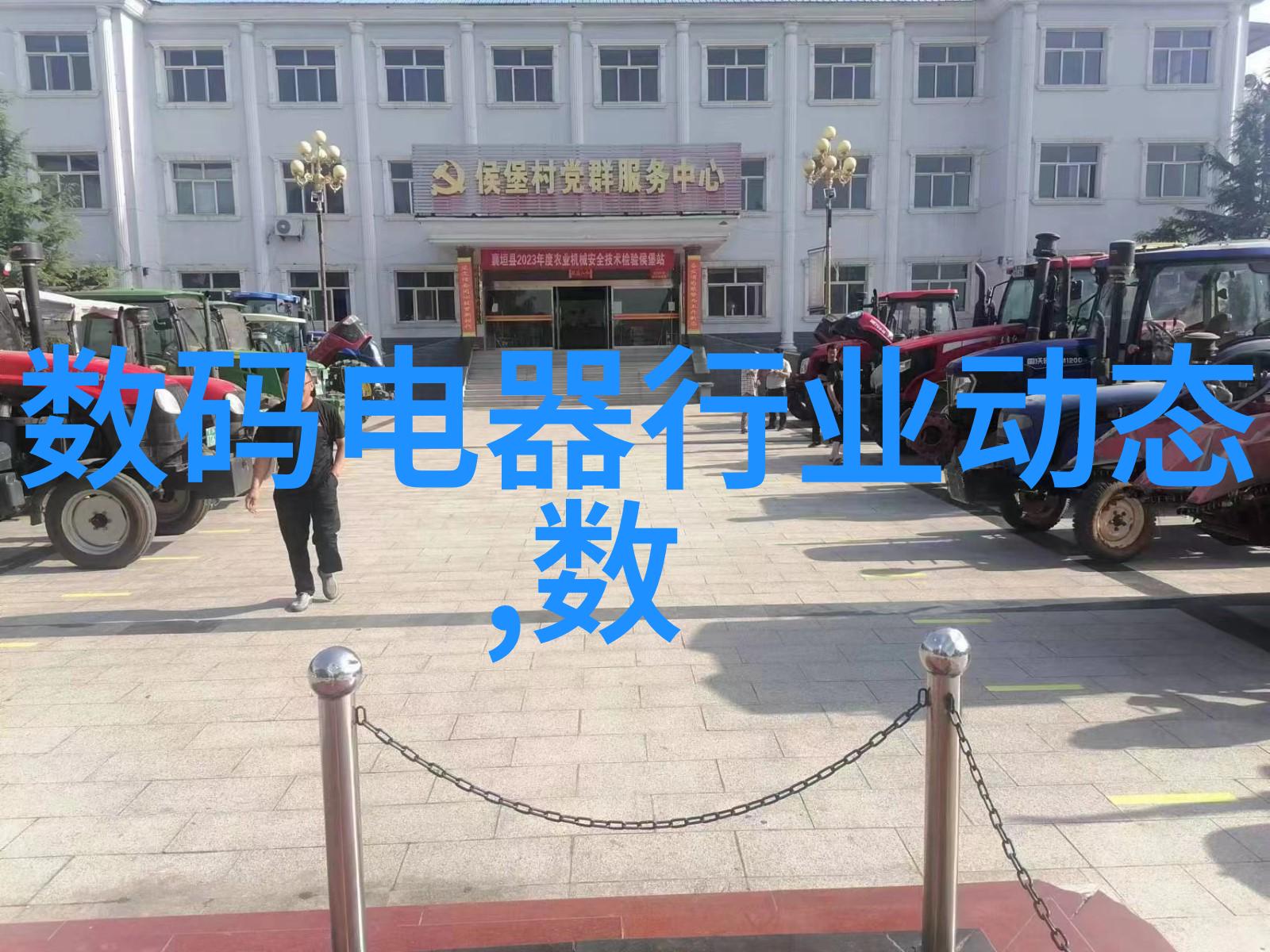管式反应器技术流体动力学与化学反应的精确调控
管式反应器技术:流体动力学与化学反应的精确调控

管式反应器在现代化工生产中扮演着至关重要的角色,它能够有效地进行各种复杂的化学反应。以下是对管式反应器的一些关键特性和应用领域的探讨。
管式反应器设计原理

管式反应器设计基于流体动力学原理,包括混合效率、扩散速度、催化剂分布均匀性等因素。通过精心设计不同部位的形状和尺寸,可以最大程度地提高化学物质之间接触面积,从而促进chemical reaction process.
流体控制系统

管式反应器中的流体控制系统能够准确调节液相或气相流速,以实现最佳操作条件。这不仅可以提高产品质量,还能降低能源消耗,减少环境污染。在工业生产中,这种精细控制对于保证产品稳定性至关重要。
反应温度管理

管式 reactors often employ heat transfer systems to maintain optimal reaction temperatures, which is critical for ensuring the desired outcome of chemical reactions. By carefully managing temperature, manufacturers can avoid unwanted side reactions and optimize product yield.
催化剂选择与使用

The choice of catalysts in pipe reactors plays a significant role in determining the efficiency and selectivity of chemical processes. By selecting appropriate catalysts and optimizing their usage, manufacturers can enhance reaction rates while minimizing byproduct formation.
维护与升级策略
Regular maintenance is essential for maintaining the performance and longevity of pipe reactors. This includes cleaning or replacing worn-out components, inspecting pressure vessels for leaks or damage, as well as implementing upgrades to improve operational efficiency or address emerging challenges in industrial processes.
安全标准与合规要求
Pipe reactor design must adhere to strict safety standards to minimize risks associated with hazardous materials handling and ensure compliance with regulatory requirements governing environmental emissions and worker safety measures are implemented effectively throughout the manufacturing process.
By understanding these aspects of pipe reactor technology, researchers and engineers can develop more efficient strategies for designing and operating complex chemical processes that meet stringent quality control standards while minimizing waste generation through sustainable practices.
This comprehensive approach ensures maximum output from limited resources while safeguarding both human health and environmental sustainability – key objectives driving innovation in modern industry.
In conclusion, advancements in pipe reactor design have revolutionized industrial chemistry by enabling precise control over fluid dynamics, thermal management, catalysis selection & optimization alongside regular maintenance strategies coupled with adherence to rigorous safety & regulatory protocols – ultimately fostering enhanced productivity within a greener production landscape.



